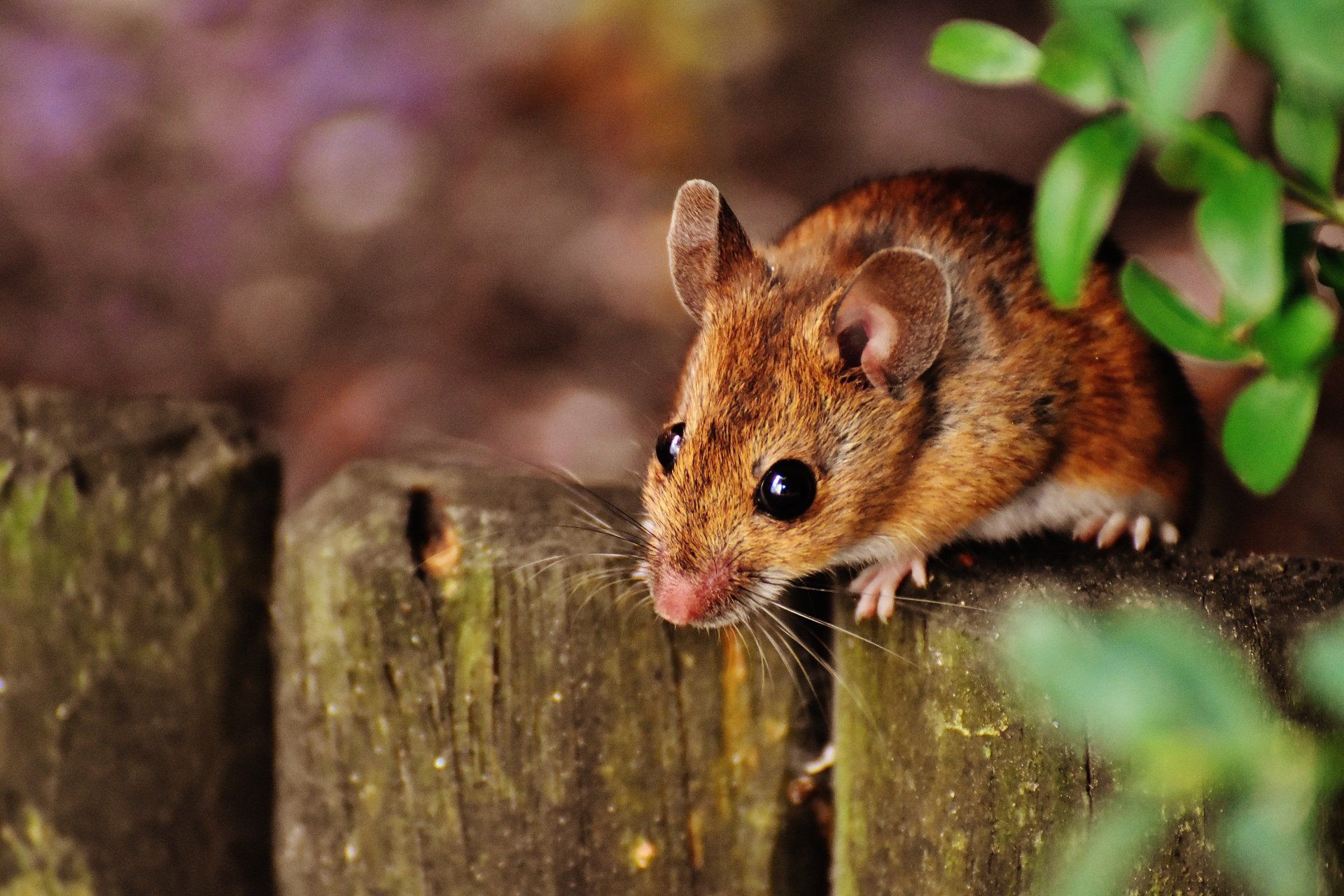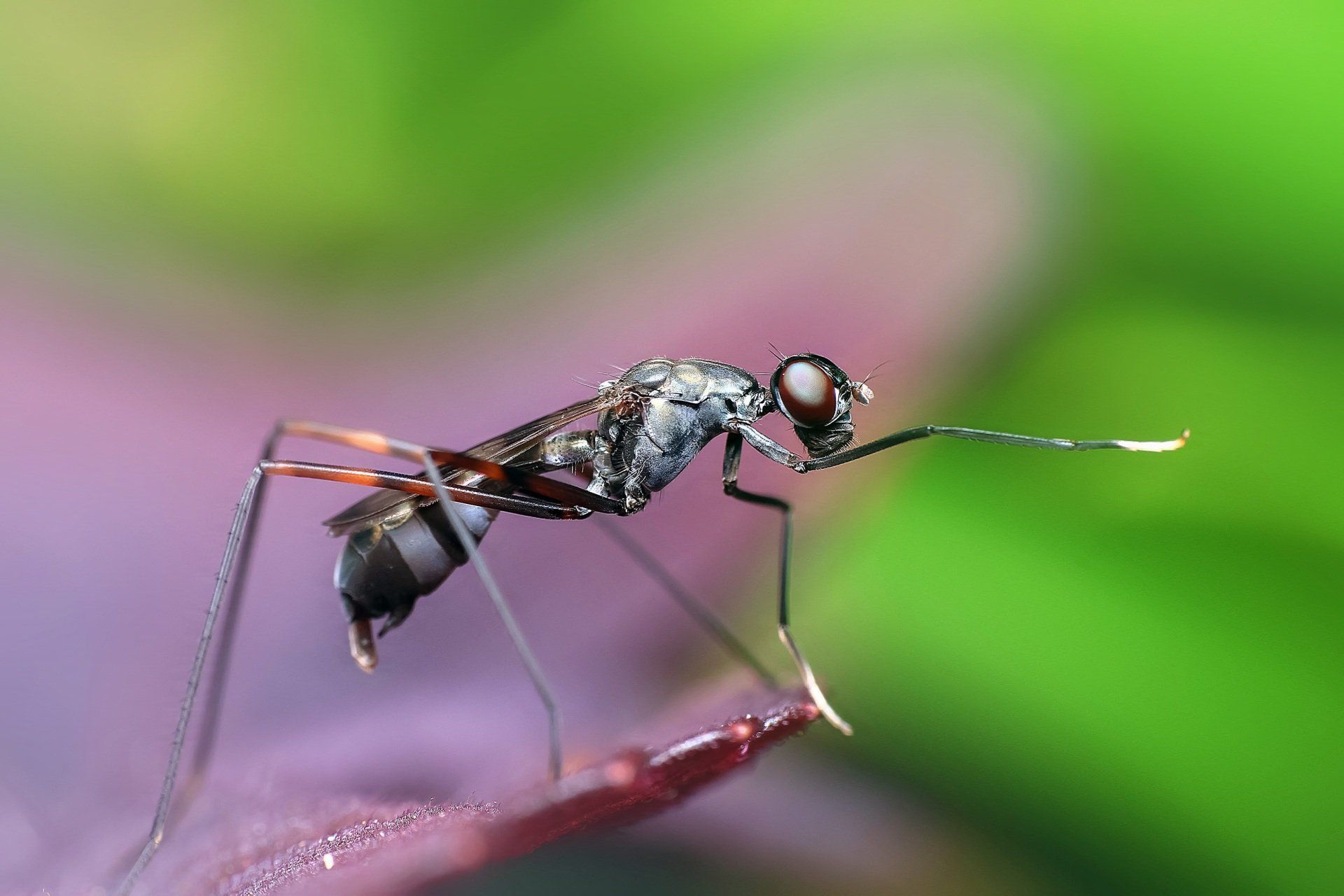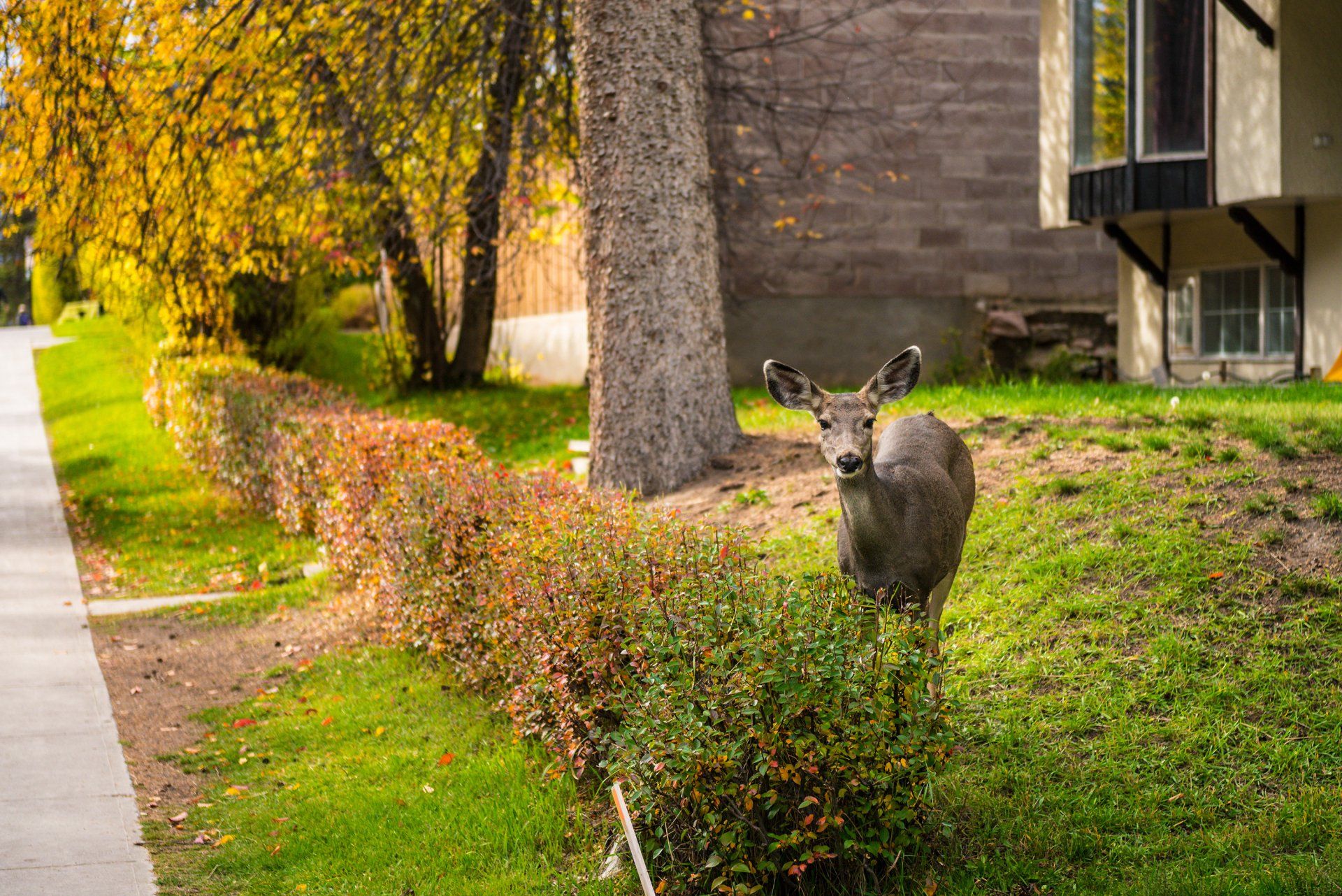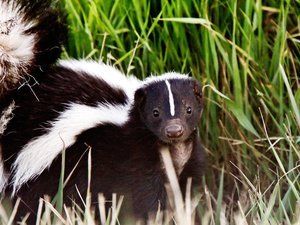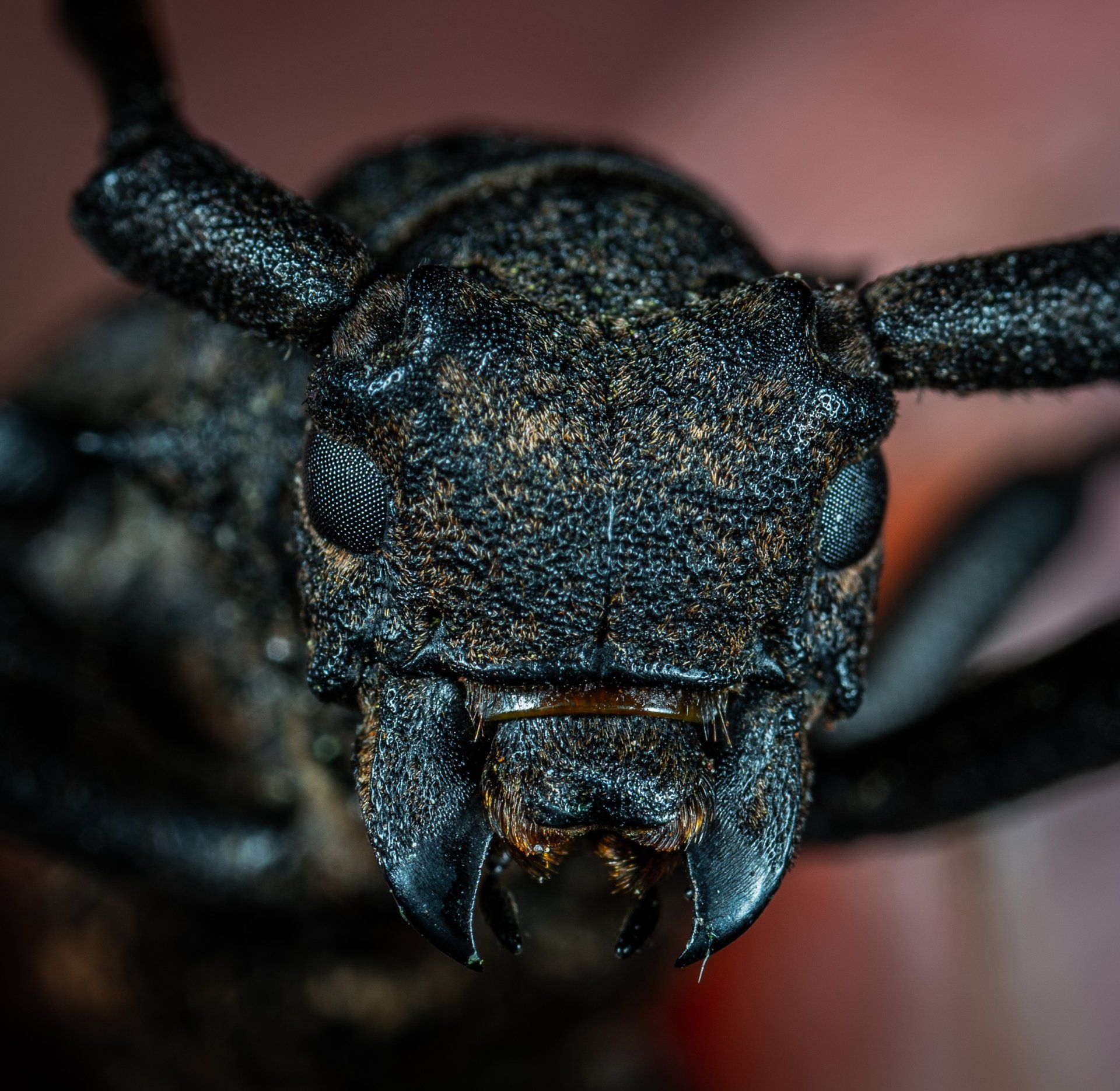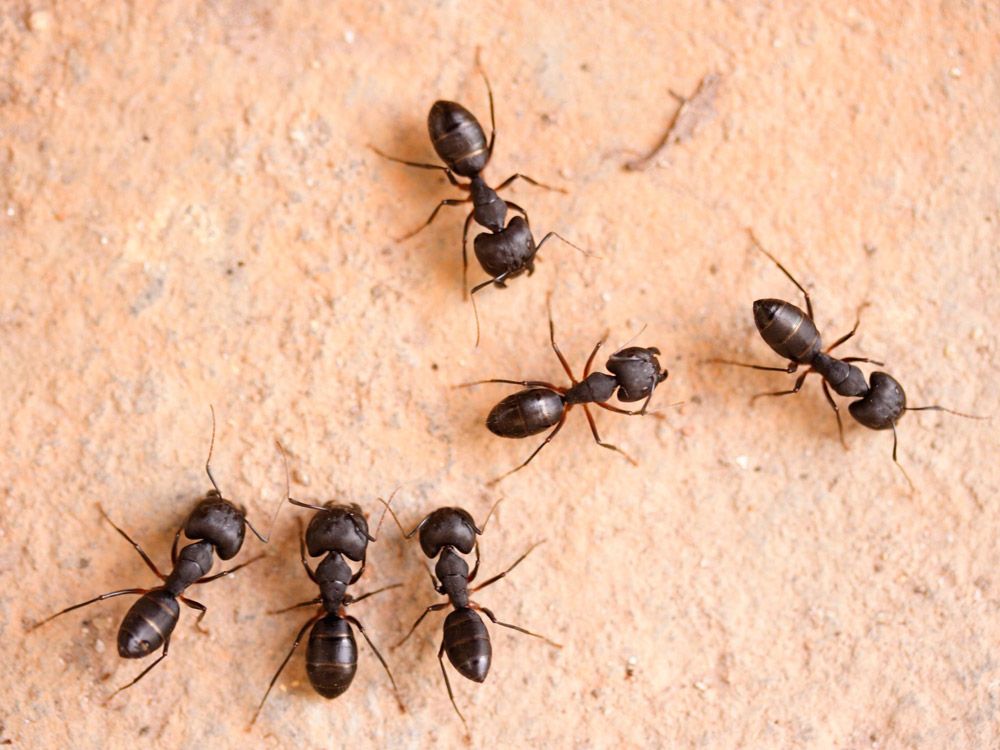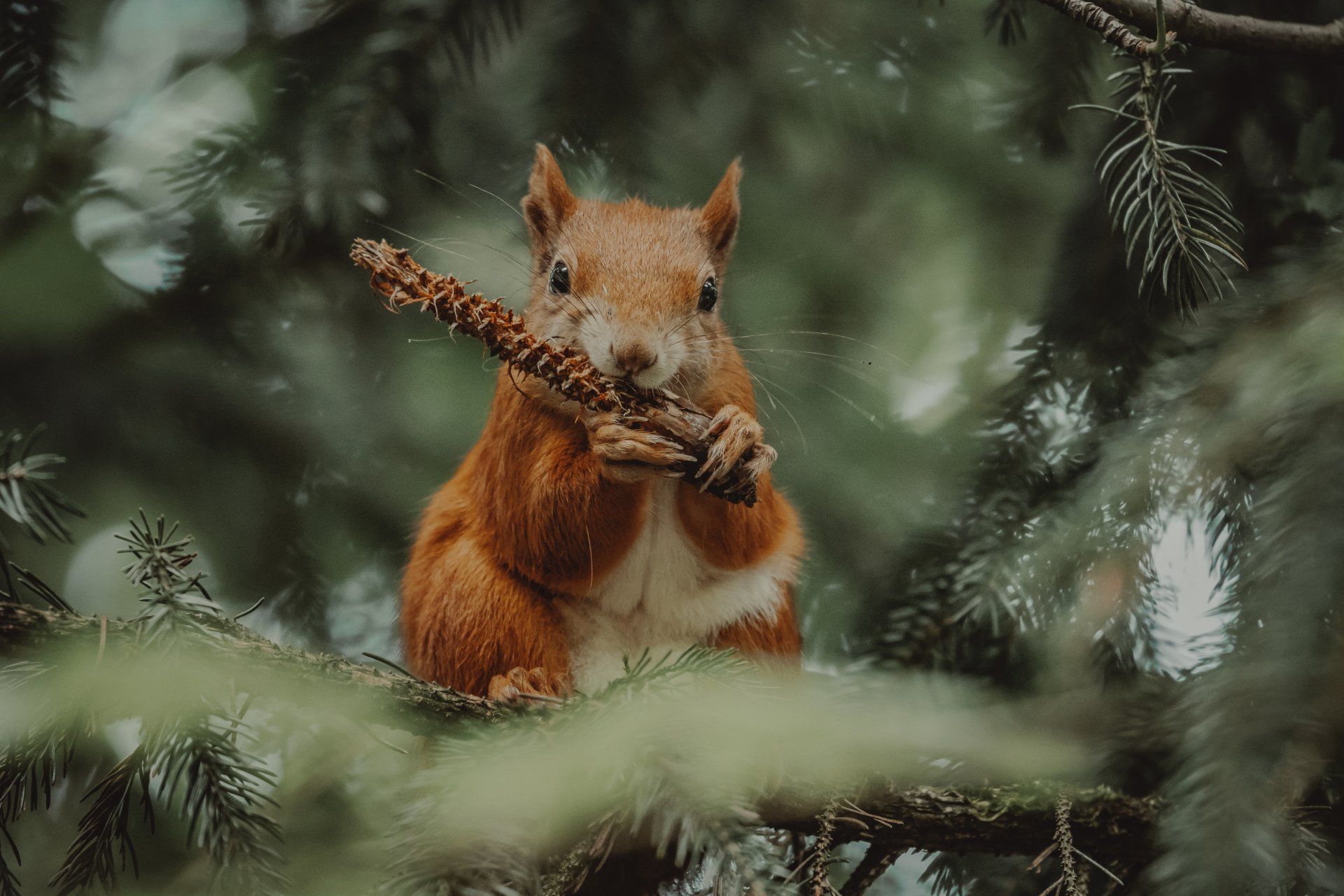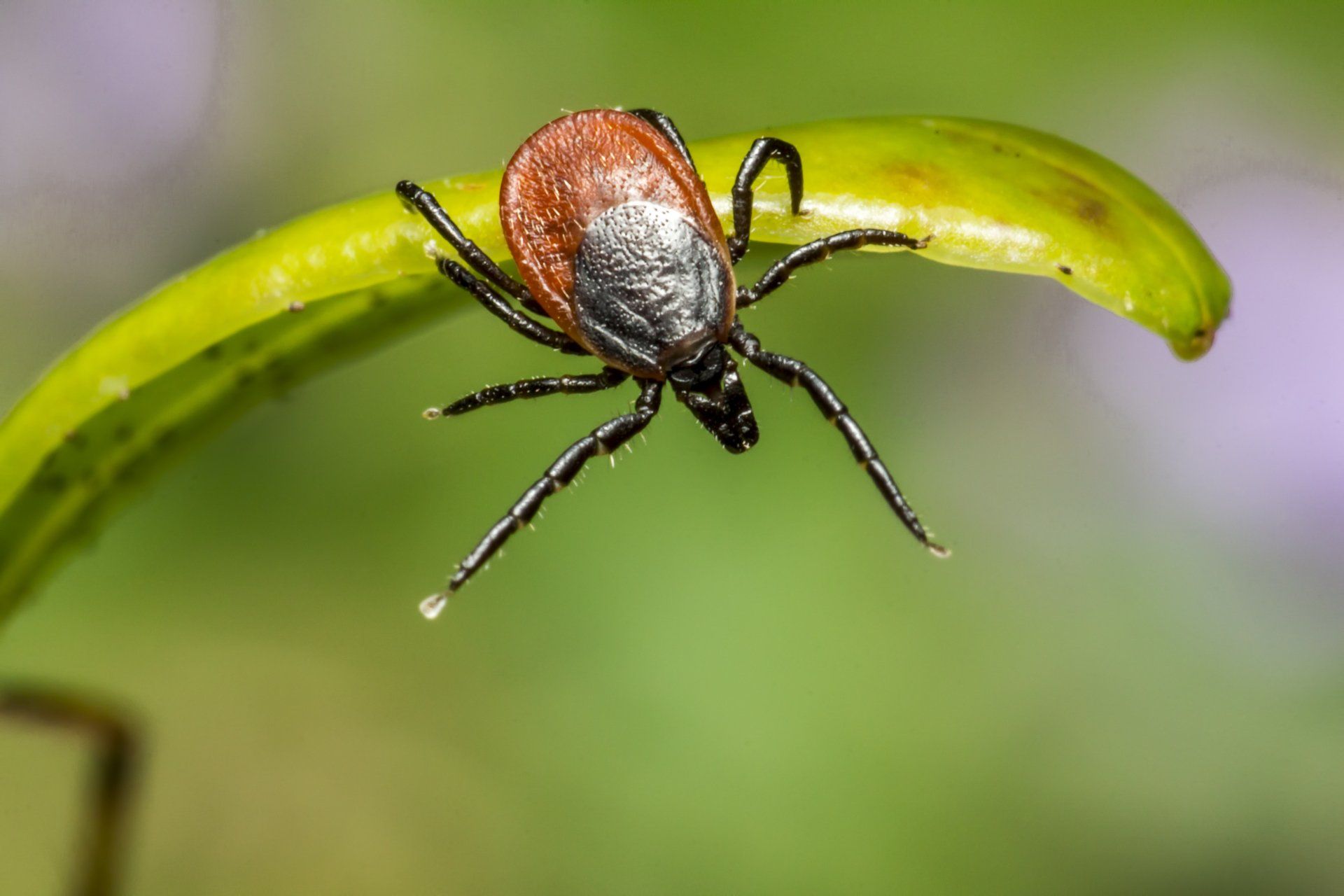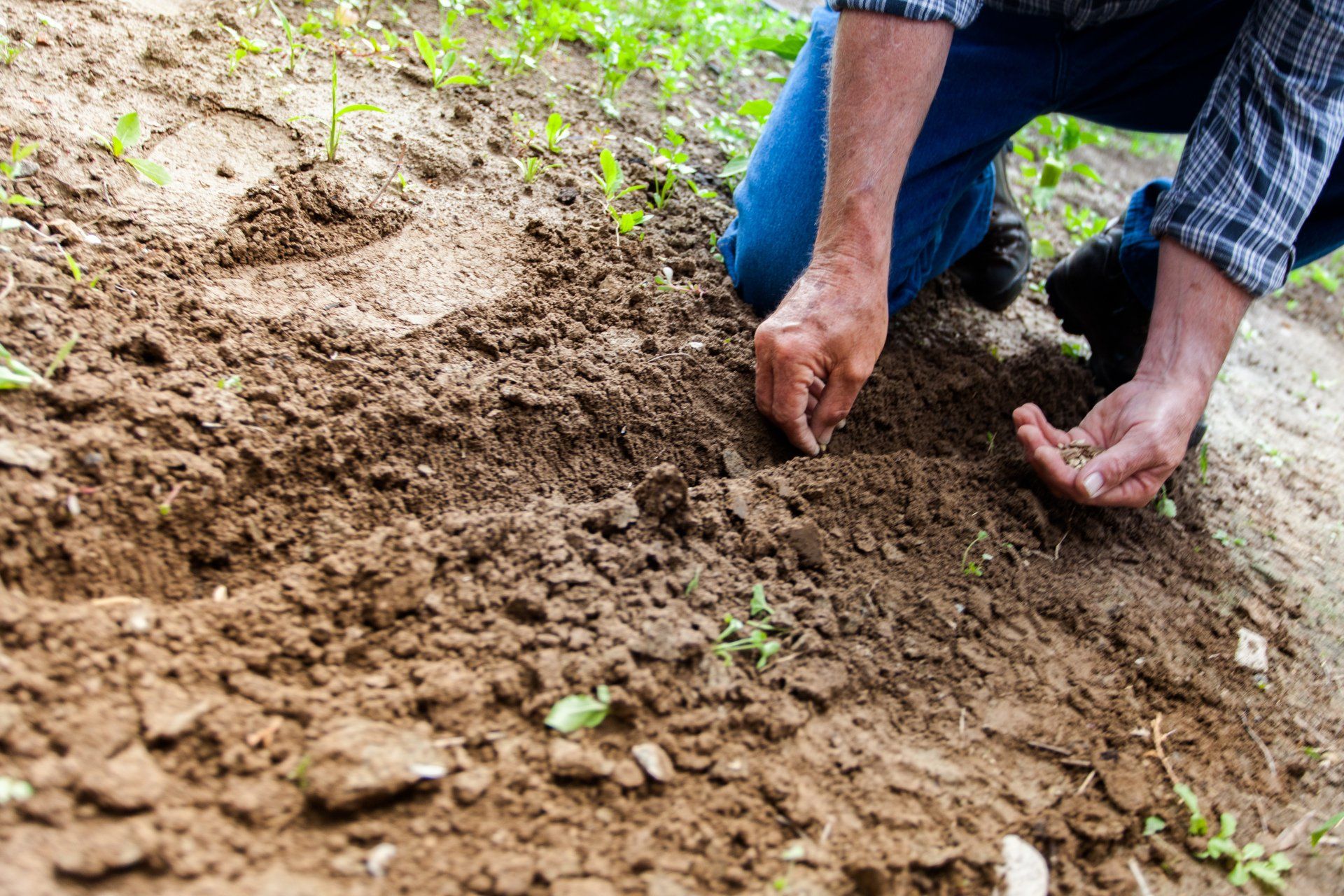When Is Wasp Season in NJ?
Does NJ have a wasp season?
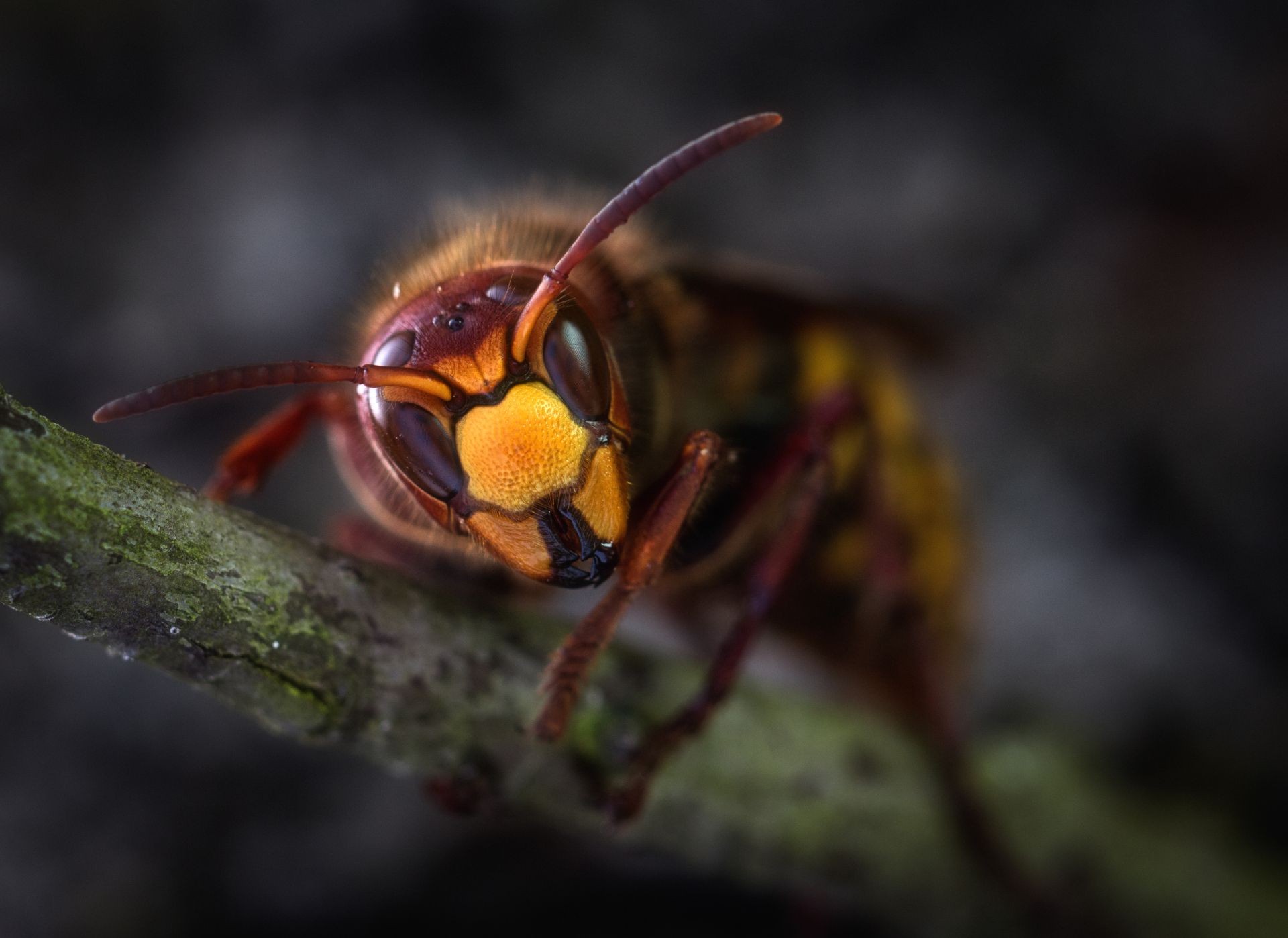
Paper wasps, yellow jackets, bald-faced hornets, and more; these stinging insects can be enough to ruin any barbeque, especially if someone is allergic. But before you decide to stay indoors this spring, it’s important to learn more about wasp season.
Specifically, is there a wasp season, or are they out and about all year long?
Once you understand more about a wasp’s nesting habits, it’s easier to take proper precautions. You should also familiarize yourself with signs of a wasp nest so you can work to avoid — and reduce — these pests from your property.
When Is Wasp Season?
In NJ, you’ll commonly notice wasps becoming more active during the summer. Towards the end of summer, they’ll become even more aggressive as they fight for the last scraps of food.
Just because wasps are more active in summer doesn’t mean they’re not around in the spring. The spring is often when they begin collecting materials to construct nests with. This usually includes wood from playsets, tree bark, and deck railings.
Wasps turn this wood into paper and create their nests. You’ll also find wasps out and about, searching for food, especially in shrubs and trees.
You’ll also notice wasps out in the fall, especially yellow jackets. During this time of year, queens are preparing to hibernate. This is another time when wasps become even more aggressive, guarding their queen.
You should never disturb a wasp nest, as these stinging insects are known to swarm and sting repeatedly. Their venom can be deadly, so always let
professionals handle wasps. As such, you should always wear shoes outside, to avoid stepping on any insects, especially since some wasps build nests in the ground.
How Long Does Wasp Season Last?
So, how long does wasp season last? In theory, wasps can be present from spring to fall. The exception is usually
the winter when queen wasps hibernate.
After several hard freezes, you’ll find that wasps disappear. They can’t handle the cold winter months, so the entire hive is unable to survive this time of year. The queen, however, can survive, if she’s fertilized. She’ll dig deep into the soil and stay there all winter long. When spring comes, she’ll come out and start a new colony.
When Is Wasp Breeding Season?
Wasp breeding season is usually at the end of summer. This means that, from August to September, the queen wasp will mate with males, creating more queen wasps.
These queens leave the hive to mate, leaving the drones to become even more aggressive. They’ll also wander farther from their nest. One worker wasp usually starts asserting its dominance, acting as the new queen.
Is There a Wasp Nest-Building Season?
Spring and early summer mark the beginning of nest-building season for wasps. At least one female begins to build a nest, looking for the perfect space close to house shutters, eaves, shrubs, trees, and anywhere else that offers food and protection from predators and the elements.
Can you prevent wasps from nesting in or around your home? You can, to an extent.
However, if someone in your house has an allergy or if your home is prone to these types of pests, then it’s best to contact a professional pest control technician for routine, preventative wasp control. This works to keep you and your family safe from these stinging insects.
Here are some tips and tricks for preventing wasps:
Always keep outdoor garbage cans tightly closed, along with compost bins- Keep bushes and shrubs trimmed and a safe distance from your home
- Clean your outdoor space, removing brush, debris, and leaf piles
- Contact a professional to look for wasp nests, covering holes in the ground
- If you see holes in the ground, cover them
- Plant wasp-repelling plants, such as thyme, citronella, lemongrass, cloves, cucumber, marigolds, lavender, and rosemary, to name a few (ensuring nothing you plant is toxic to children and pets)
- *Keep in mind that certain plants, especially marigolds and lavender, will attract bees
Additionally, ensure doors and windows are tightly shut, sealing cracks, gaps, and holes, especially in window screens and foundation.
Preparing for Wasp Season
Now that you know more about wasp season in NJ, you can take precautions to hopefully prevent stings and infestations. Although there are DIY tips and tricks you can try, it’s often best to defer to the pros, especially if someone in your house has allergies.
Serene Property Services offers wasp prevention to Sussex County, NJ, and Warwick, NY. We have the expertise to safely and humanely remove any pest from your property, from wasps to wildlife.
Contact us today for an estimate and to discuss recurring, monthly pest control to stay on top of wasp season in NJ.
We will get back to you as soon as possible
Please try again later
About Us
Contact Info

